Introduction
Tired eyes and headaches are common symptoms and annoying conditions which may be associated with eye problems such as:
- Accommodation and convergence dysfunction
- Refractive error
- Excessive computer use
- Optic nerve diseases such as Glaucoma and Papiloedema
What Is Accommodation And Convergence?
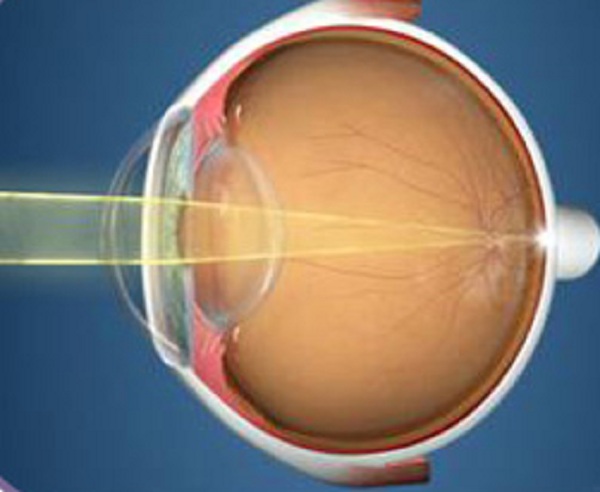 |
Crystalline lens helps the eye to produce a clear image. For example, when a distant object is brought close to the eye, the image becomes unfocused and blurred. The crystalline lens changes its shape to become thick and the eye can focus on near objects. The reverse happens when looking at distant objects. This process of adjustment power of the crystalline lens is called accommodation. |
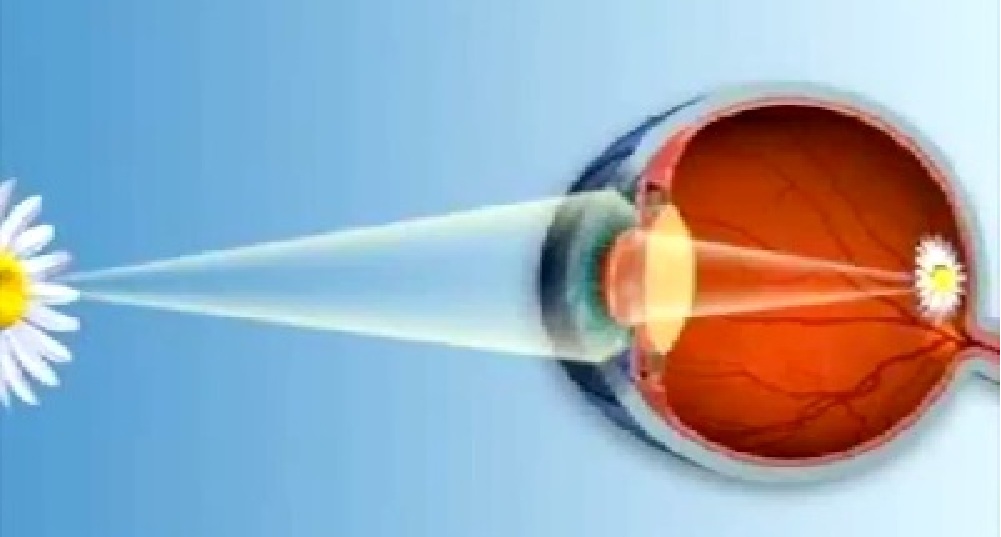
The accommodation is associated with convergence.
Convergence occurs when both eyes move to focus. Both eyes are moved in order to keep the image clear.
If the eyes fail to focus, double vision will occur.
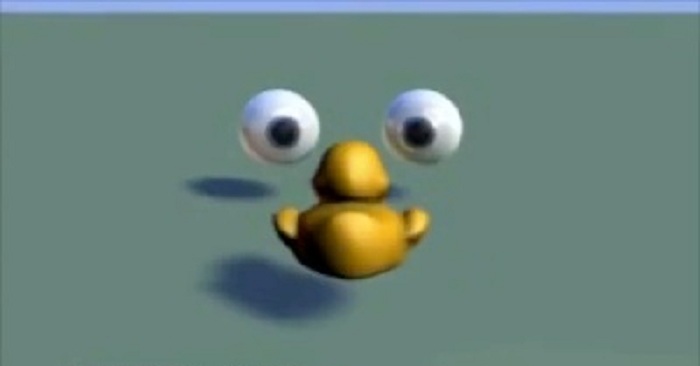
Figure 3: Convergence
Failure Of Accommodation And Convergence
When the eye is unable to accommodate or converge properly, dysfunction will occur. Therefore, any close vision tasks cannot be carried out efficiently. The main cause is the high demand of accommodation. For example, typing using the computer or reading a book for 2 hours. The process will also fail due to any pressure or eye fast fatigue. Remember that there are a few medical drugs, head trauma and systemic diseases (Diabetes Mellitus and Myasthenia Gravis) which may interfere with this process.
Symptoms
Accommodation and convergence will result in complains such as:
- blurred vision after doing a close distant job for a long time
- headaches , especially at the forehead
- eye discomfort
- tired eyes
- motion sickness
- easy to lose focus when the distant of working is close
Types Of Accommodation And Convergence Dysfunction
The various types of accommodation dysfunctions are accommodation weakness, accommodation insufficiency and accommodation spasms. The most common dysfunction of convergence is convergence weakness. Ways of coping Patients should be checked on their eyes’ power. If they have refractive error, they need to wear glasses. So that, it can maintain clear images on the retina. This also reduces stress on the ocular system.
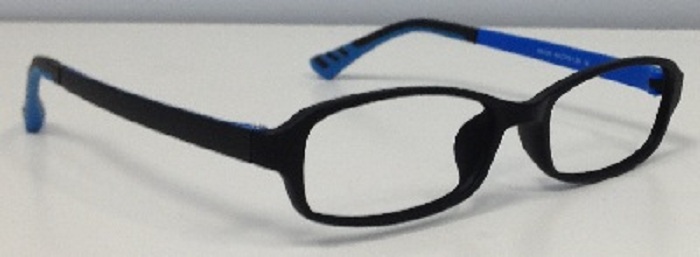
Figure 4: Spectacle
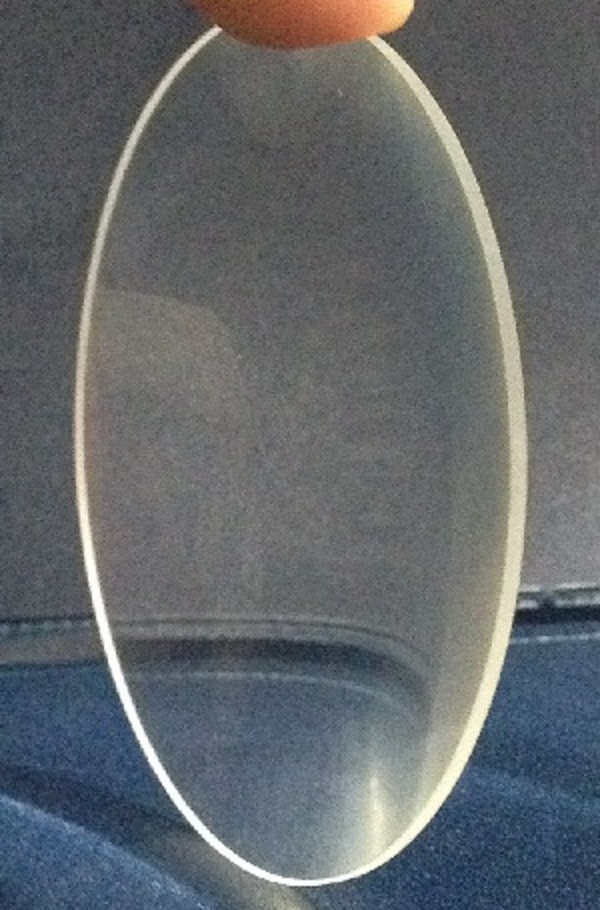 |
1. Problems Of Accommodation As for the weakness and insufficiency of accommodation, convex lens is prescribed. The convex lenses help in stimulating and maintaining the accommodation. After adapting the new power, patients are asked to do therapy. Accommodation spasm is a condition where the patient finds difficulty in relaxing its accommodation. If left untreated, it can affect the distant vision. To overcome this case, the best treatment is to undergo vision therapy. The aim is to increase the amplitude, slow response speed and reduce accommodation. If unsuccessful, atropine eye drops and glasses are prescribed. |
| 2. Problem Of Convergence. Convergence weakness can be overcome with vision therapy, a prism or lens. The therapy oftenly practiced is using push-up pencil. Patients should bring the pencil slowly to the eyes. While doing this, they need to focus at the tip of the pencil and try to keep a single image. | 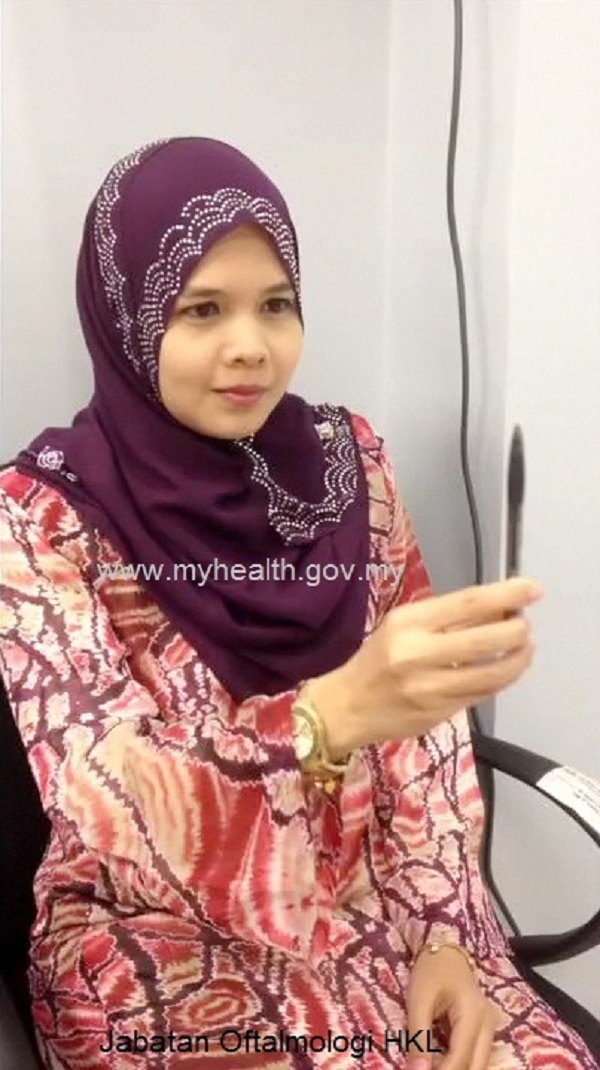 |
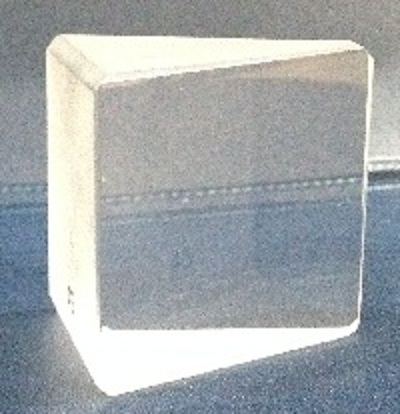 |
The therapy is done 15 minutes a day. The shortest distant to maintain a single image is recorded. The normal distant for convergence is 6 cm from the eye. Prescription of prism can also be given to overcome this problem. Prism is a lens that change the position of image. It is used to reduce the effort of the eye’s muscles to focus. |
What You Need To Know
These problems can cause visual performance to deteriorate. As a result, the academic performances of children in schools are affected. This situation can be worsen when they proceed to higher level of education where the words and letters in books are smaller and there is so much more to read. Students will have reading difficulties. As a result, they are unable to complete their homework and perform well in their studies because of the lack of focus and attention. These students never complain of eye fatigue or headache. An athlete cannot perform well too. He will find difficulty in determining the distance to catch or hit a ball. A computer software employee cannot work efficiently in the office. He will take longer time to finish his assignment. He is considered as incompetent because he constantly takes rest. Generally, the problem usually occurs among school children and those who read a lot as well as those who access the computer quite often. They are susceptible to headaches and eye fatigue. Therefore, an initial eye examination is important for children. If you have accommodation or convergence dysfunction, do not worry. Seek out for the nearest optometrist. Treatment is to get rid of the signs and symptoms. After the treatment, the eye can see and function well and efficient. For those who are not having these problems, here are some tips to avoid accommodation or convergence dysfunction:
- Let your eyes rest for 20 seconds for every 20 minutes when you are doing close work.
- Always look at distant objects and sceneries.
- Exercise or indulge in sports

References
- Rajah 1 : http://www.edow.com/cataract/multi-focal-iols-washington-dc/
- Rajah 2: http://youtu.be/iq3hkFGAn0w
- Rajah 3 : Sumber: http://youtu.be/p_xLO7yxgOk
| Last Reviewed | : | 18 April 2014 |
| Writer | : | Pn. Lily Muhanifah binti Mustafa |
| Translator | : | Pn. Lily Muhanifah binti Mustafa |
| Accreditor | : | Pn. Noor Zahirah bt Husain |







